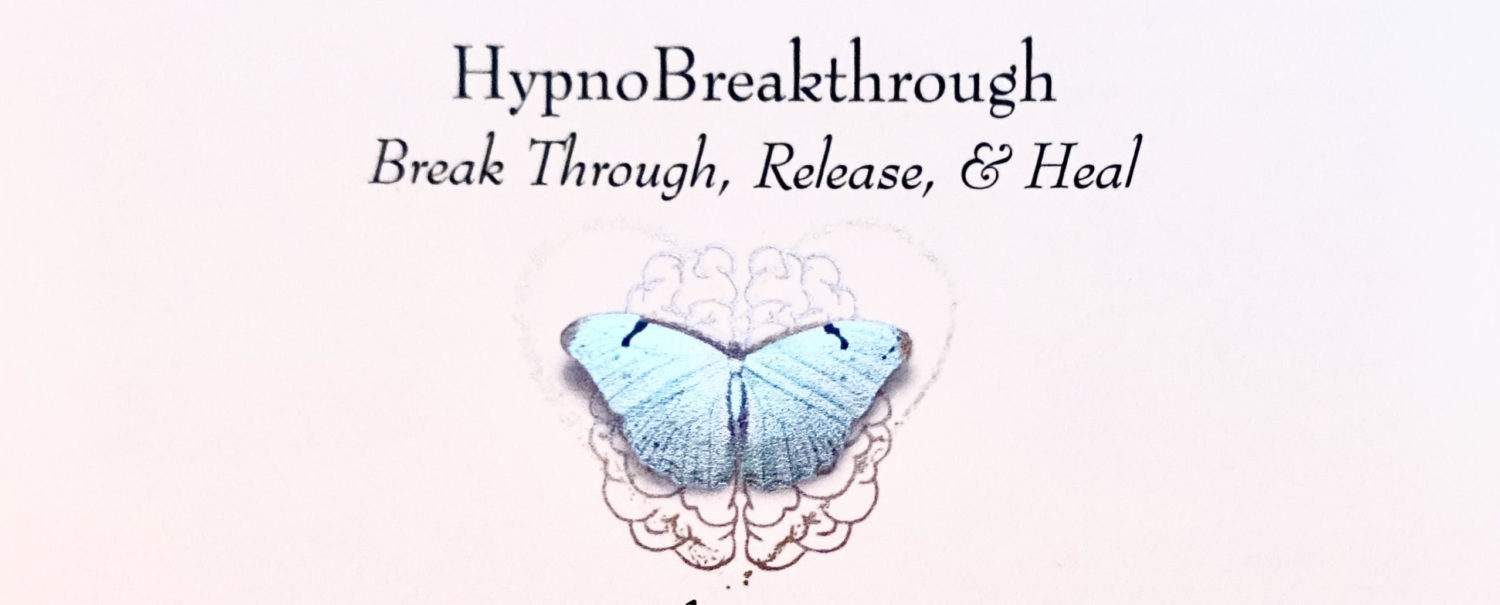Why Is Inner Child Work Important? If you were ever a child, you could benefit from some form of inner child work.
I believe everyone could benefit from some sort of inner child work. Self love, self respect, self confidence, healthy boundaries, self care are all part of inner child work.
During our childhood we are sponges, taking it all in, learning from the world around us. We are learning from what we see, hear and experience, not just what is intentionally taught to us.

As adults we can logically understand some circumstances better from an adult point of view. However, we may not realize that our beliefs, values and behavior patterns acquired in childhood, might be whats holding us back from reaching our potential.
Nobody had a perfect childhood. No person is perfect, no family or parents are perfect. We’re all only human, and perfection doesn’t exist. Even well meaning, loving parents can make damaging decisions. Life happens, and even the most healthy mentally sound adults can have situations in life that affect the children in their care. Children can also witness or be subjected to mentally confusing or damaging events that the parents may not have ever been aware of.
This doesn’t mean they were bad parents, we’re bad parents, or that we are all doomed.
I believe we are meant to go through some hard times, to learn and grow from them. To gain healthy coping skills, to learn to navigate life. We become empowered each time we overcome a difficult issue.

When a baby is learning to walk they fall down with each step. The little one doesn’t conclude that they will never walk, or they’re a failure. No, they just keep getting up again, and with each step they grow in their confidence. They know they’re able to take one or two steps, so next time maybe it will be three or four. They become elated and ….. fall down. But get back up, with stronger legs and with more control.
An oak tree will grow its roots further down, and its trunk becomes stronger with each storm it goes through. Those that never experience any storms will not live as long. Have you heard the analogy of a “hothouse flower”? Very delicate and may not be able to withstand very much because it has been overly protected.
Okay enough analogies, I hear you!
So why then, is inner child work so important, since our childhoods are in the past and we can’t change them. Or if we’re not striving for perfection? While it’s true that you cannot change your past, that was just the beginning of your story. You had no control over the first 18-20 years (or so). As an adult you now have a bit more control and can make your own decisions.
Inner child work can be learning to let loose and allow yourself to play for the sake of fun and creative flow without expectations – without any attachment to the outcome. Just play for the sake of play, no scores, no timelines or rules.
We may need to honor and show love to the little one inside of us. Give yourself what you needed in the past, “reparent” yourself. Make a connection and have a silent conversation in your mind’s eye. Just a few ways inner child work is carried out.

Inner child work, Inner child healing or even just connecting with your inner self, can be beneficial in ways even unexpected.
Please always remember, when it comes to therapy or treatments of any kind, there is never one type that is the best fit for all. I specialize in inner child work through Hypnotherapy. Mainly from my own childhood issues, that I realized much too late had an impact on my whole life. Also realizing that many of my clients issues were rooted in childhood.
Thank you so much for being here. I love hearing from you all. What did you think about this article? Any suggestions for future articles? Always feel free to reach out with any questions, comments or concerns, OR to schedule your free consultation to find out how Breakthrough Hypnotherapy can help you.
Please take care, inside and out. Pamela Topjian, LVN, CHt












Recent Comments